
- Article
- Article
Shame, condemnation and conscience
Where does shame comes from and what fuels it? Lucia Osborne-Crowley explores audience, gender and the difference between shame and guilt, asking if either can ever be useful.

- Article
- Article
How light pollution affects our circadian rhythms
Too much of the wrong sort of light can send our natural cycles off-kilter – is city life messing with your circadian rhythm?

- Article
- Article
Crime drama and the realistic cadaver
Today we are accustomed to the increasingly realistic look of dead bodies in on-screen dramas. Special-effects expert Hildegunn M S Traa reveals how crime and morgue scenes reflect the social idea of death.

- Article
- Article
A story of death, trauma and austerity
Marienna Pope-Weidemann, whose teenage cousin Gaia died after going missing, advocates a rethink of our systems, which currently fail many in mental distress.

- Photo story
- Photo story
Transitioning and the family album
“It’s really hard to describe to people how you know you’re a man when those ways of describing masculinity to me aren’t true. You need to find your own.”

- Article
- Article
Coleridge’s hypochondria
An intense focus on his own bodily sensations led poet Samuel Taylor Coleridge to self-medicate with narcotics. But this fascination also put Coleridge ahead of the medical sensibilities of his day.

- Article
- Article
The ‘undesirable epileptic’
Abused in her marriage for being 'a sick woman', Aparna Nair looked to history to make sense of the response to her epilepsy. She discovered how centuries of fear and discrimination were often endorsed by science and legislation.

- Article
- Article
“Everybody desires a degree of independence”
I’m 26, and building a network of friends and my career. Unlike most people my age, I’m entirely dependent on carers to achieve this.

- Article
- Article
Shakespeare and the four humours
Blood. Phlegm. Black bile. Yellow bile. The theory of the four humours informed many of Shakespeare's best-known characters, including the phlegmatic Falstaff.

- Article
- Article
In search of the ‘nature cure’
Under the competing pressures of modern life, many of us succumb to mental ill health. Samantha Walton explores why so-called ‘nature cures’ don’t help, and how the living world can actually help us.

- Article
- Article
What is violence?
Criminologist Laura Bui explores her early understanding of violence and outlines its definition and wider consequences.

- Article
- Article
Are people born violent?
Laura Bui explores how the nature vs nurture debate applies to those who commit homicide.
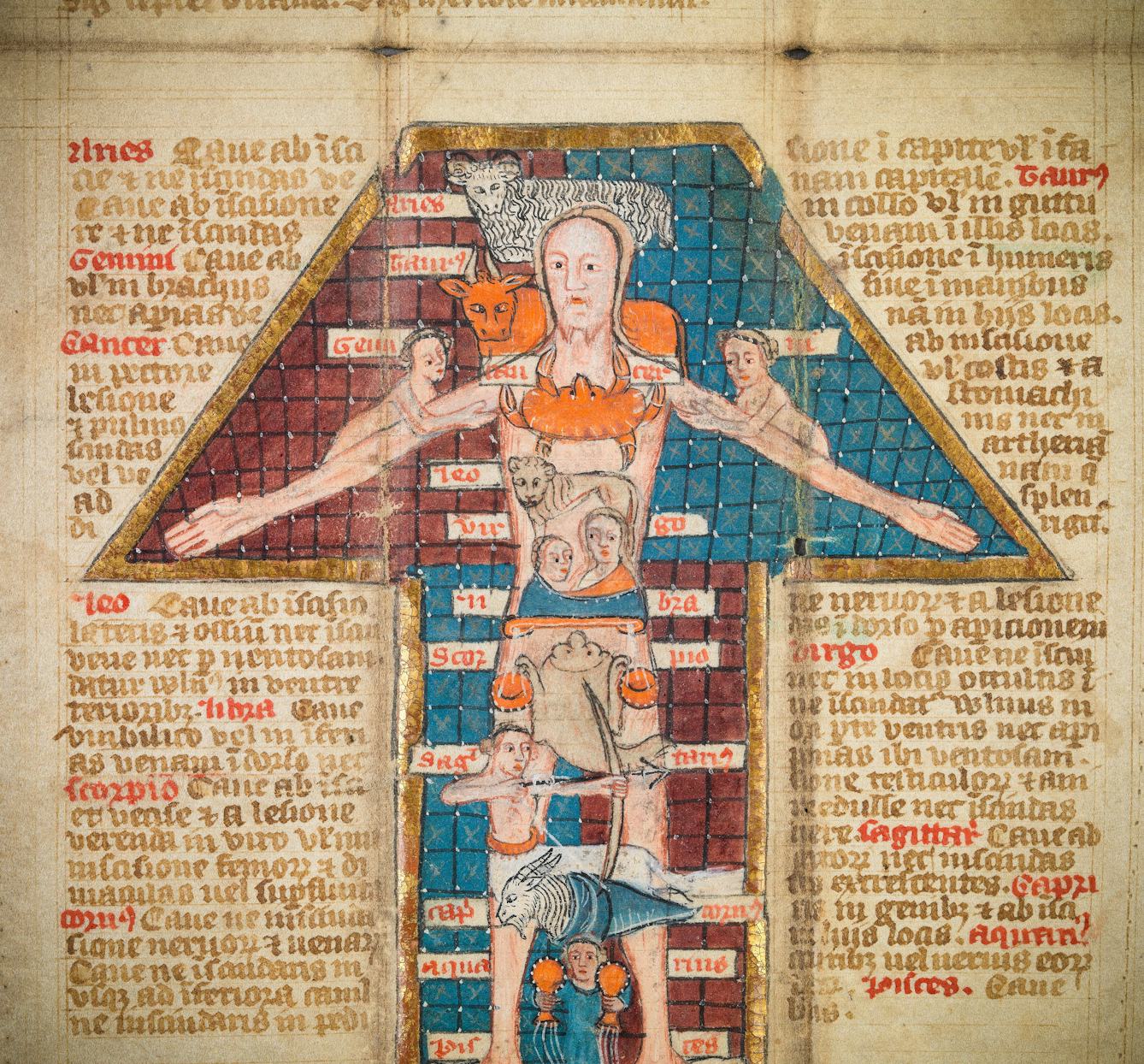
- Article
- Article
An animated almanac for the modern world
Discover why Thomas Coleman wanted to make a medieval folding almanac relevant to the modern world and see the film for yourself.

- Article
- Article
Between sickness and health
In early 2020, the subject Will Rees was studying – imaginary illnesses – took on a new relevance as everyone anxiously scanned themselves for Covid symptoms each day. But this kind of self-scrutiny is nothing new, as he reveals.

- Article
- Article
How music opens the doors of memory and the mind
People living with dementia can often still listen, perform or move to music. What does this tell us about how memories are formed?

- Article
- Article
Pain and the power of activism
Today, women with endometriosis have more access to better information than ever before. Jaipreet Virdi applauds the shared stories, online communities and self-help books empowering women in pain.

- Article
- Article
Daria Martin on ‘Sensorium Tests’ and ‘At the Threshold’

- Article
- Article
Where does violence come from?
The popular understanding of certain ideas in psychology have become so embedded that it’s easy to blame the parents when a young person commits a crime. Laura Bui looks to the past for evidence.
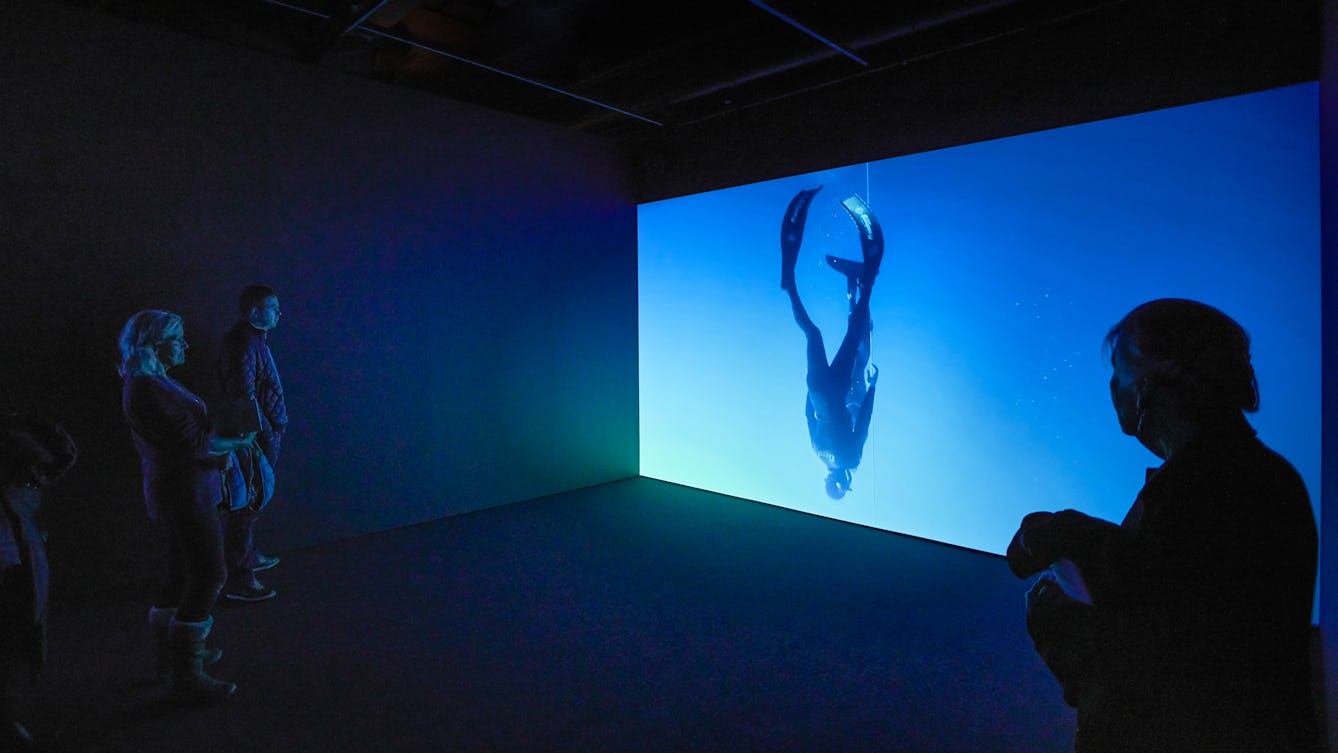
- Article
- Article
Martina Amati on ‘Under’
Visitors experiencing Under by Martina Amati

- Article
- Article
Caring for our Disabled daughter in lockdown
Jane Holmes talks about the challenges of caring for her Disabled daughter while working and trying to stay safe during the pandemic.
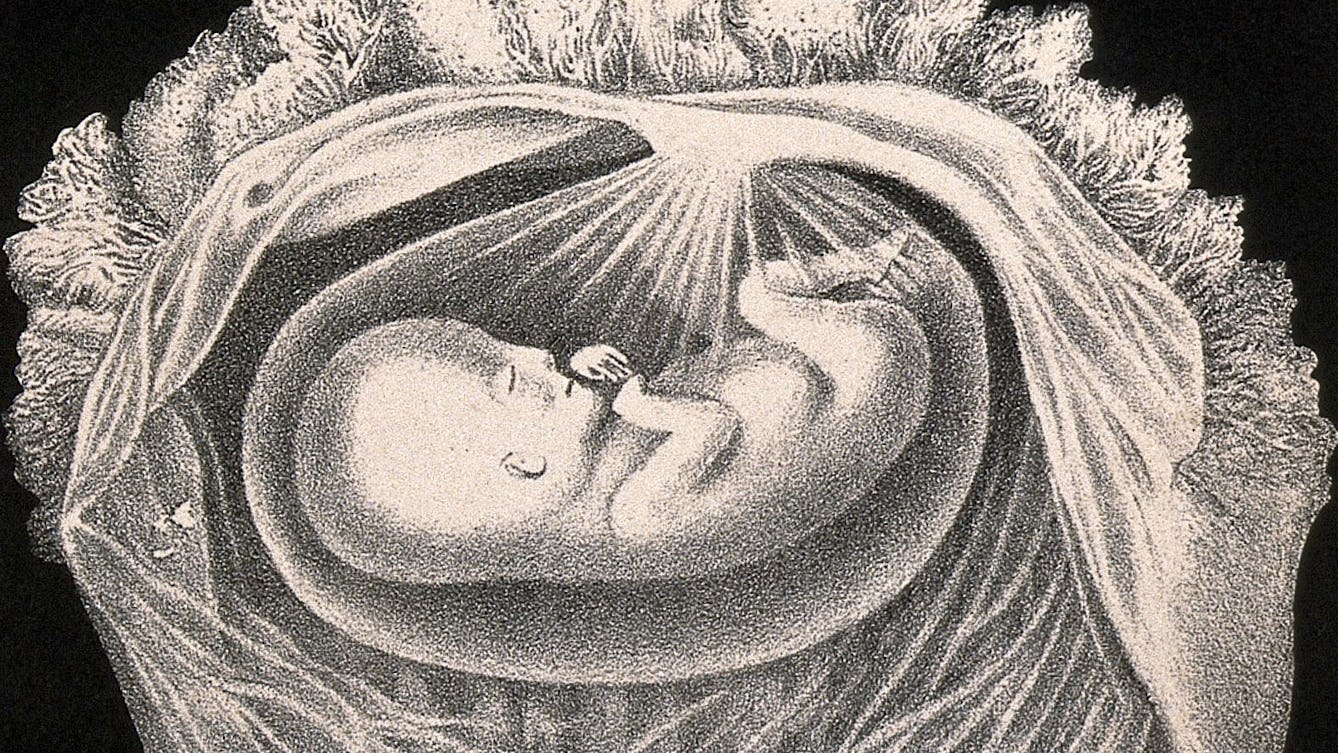
- Article
- Article
The quest to breed gifted children
If you had the chance, would you choose a genius baby?

- Article
- Article
Self-obsessing in the age of selfies
The tiny, joyful spark of a social media ‘like’ can lead to a damaging obsession. Find out how far people will go when their phone addiction gets the upper hand.

- Article
- Article
Keeping death close
Scattering her father’s ashes, Lauren Entwistle found herself longing for something physical that proved he once was a living, breathing person. Here she reflects on the objects that help us to grieve and remember.
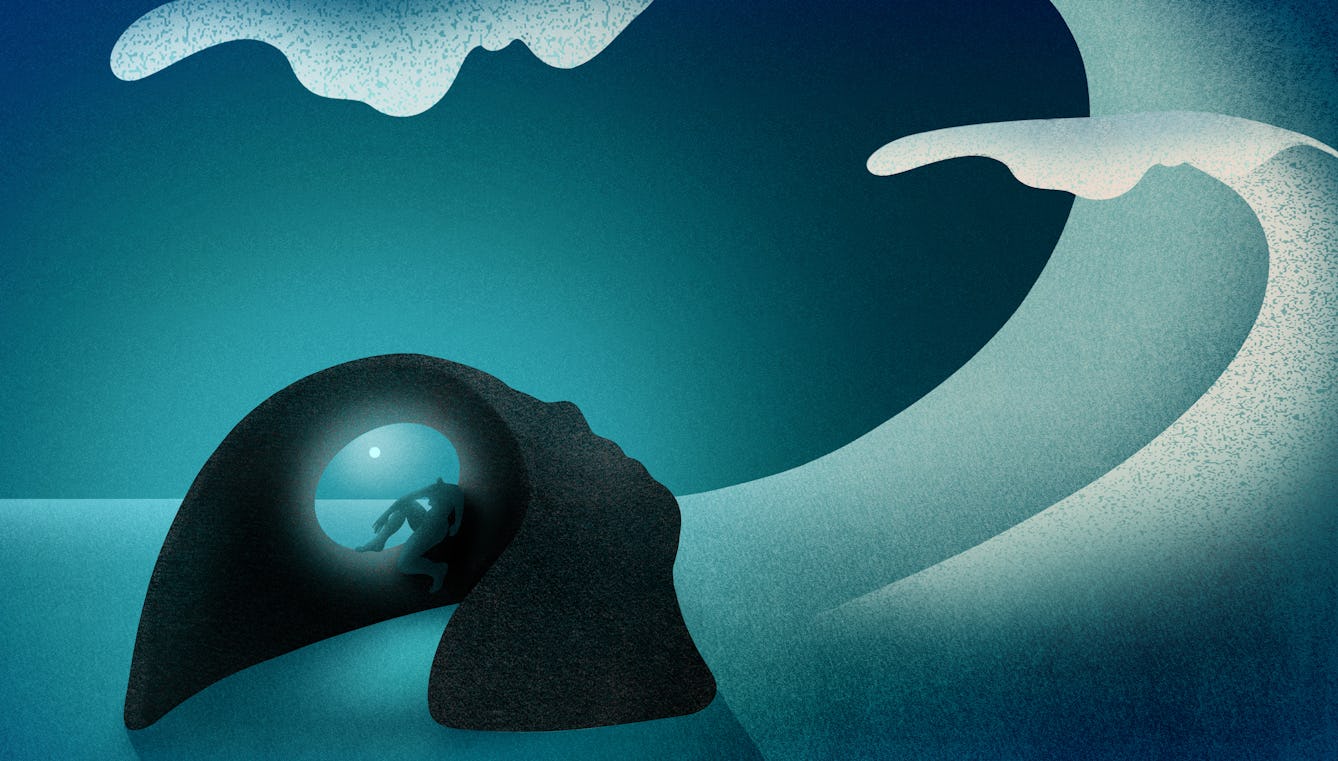
- Article
- Article
Autism assessments and me
When, as an adult, Mayanne Soret decided to get a formal diagnosis of her autism, she found that the series of assessments had a dishearteningly negative focus, seeming to frame her as a problem.
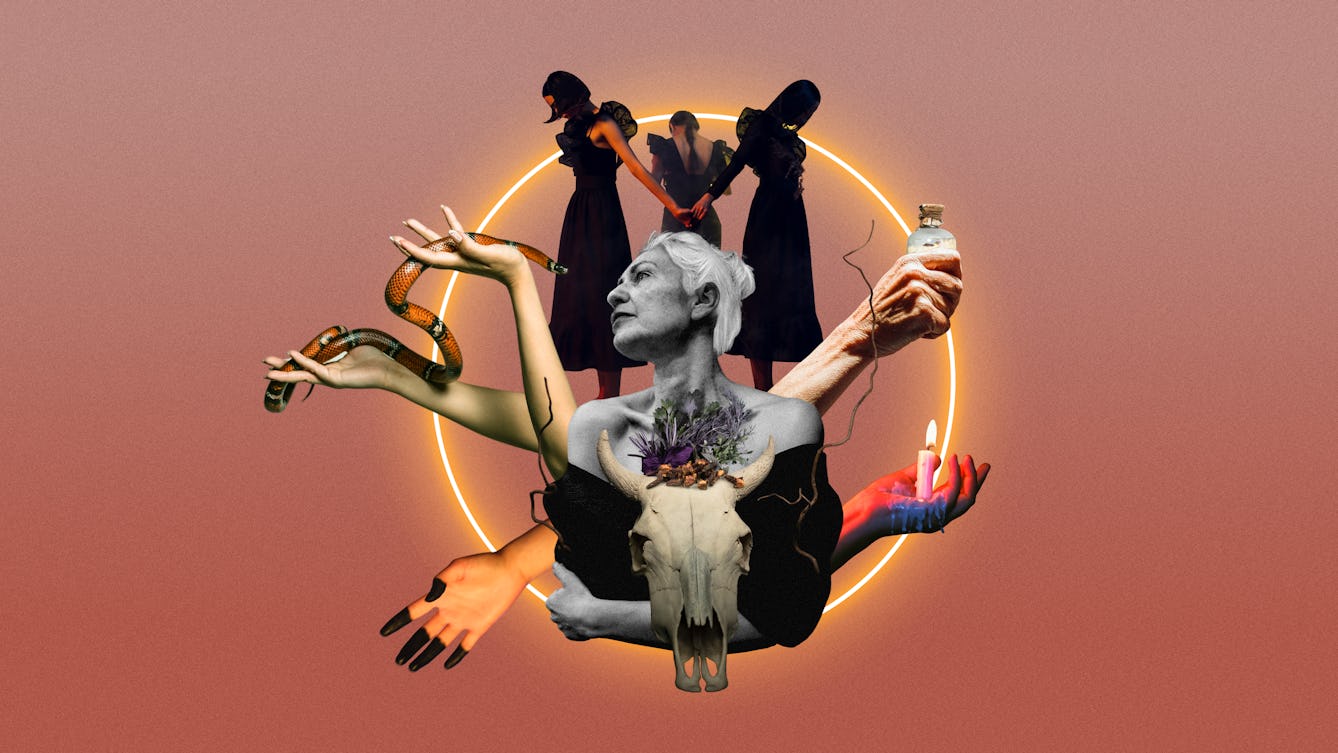
- Article
- Article
Witches
Many of the women persecuted as witches in the 16th-century “witch craze” were over 50 and exhibited signs of menopause. Helen Foster suggests that the stigma of the wicked witch still affects older women and how they deal with menopause.